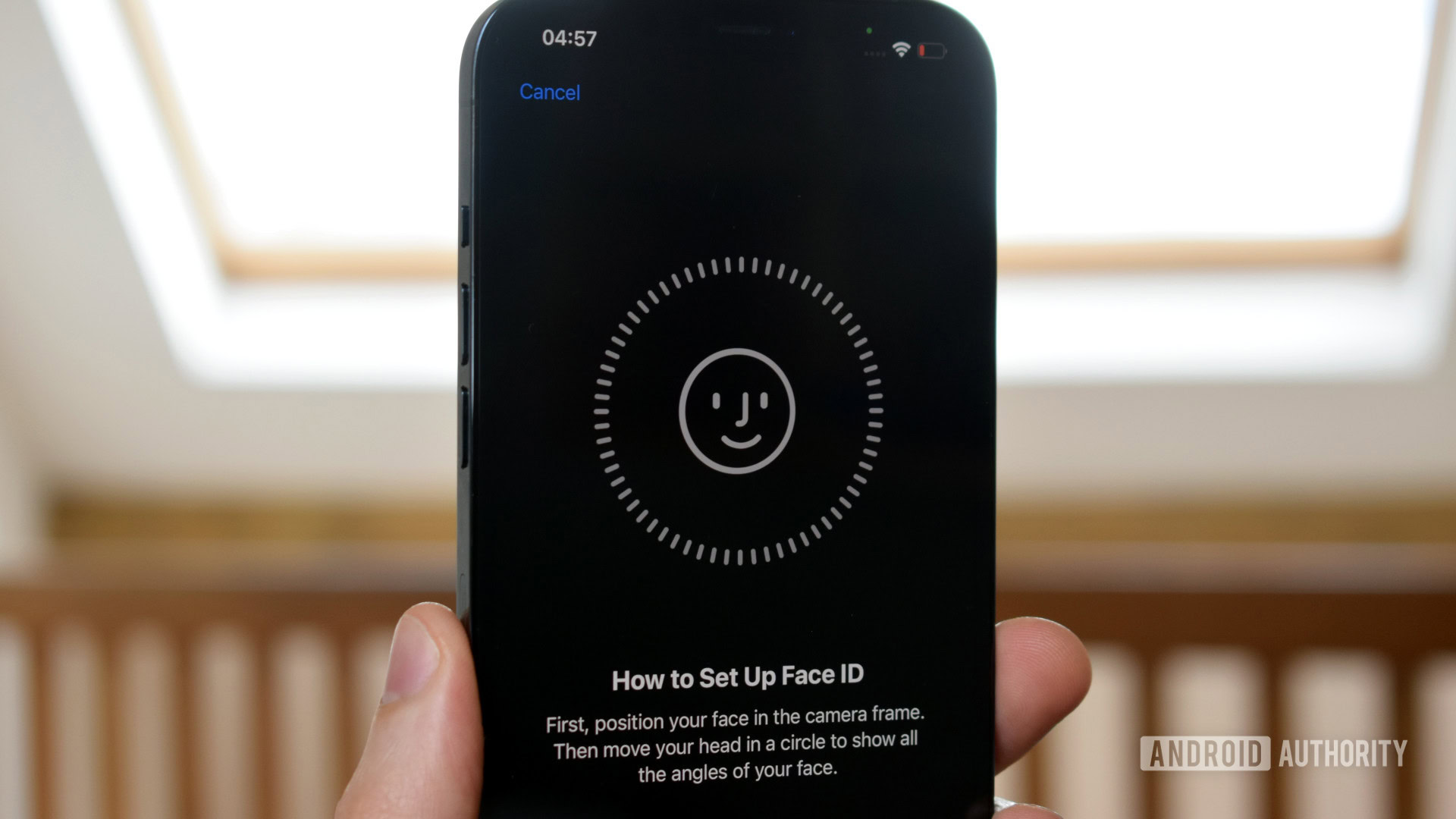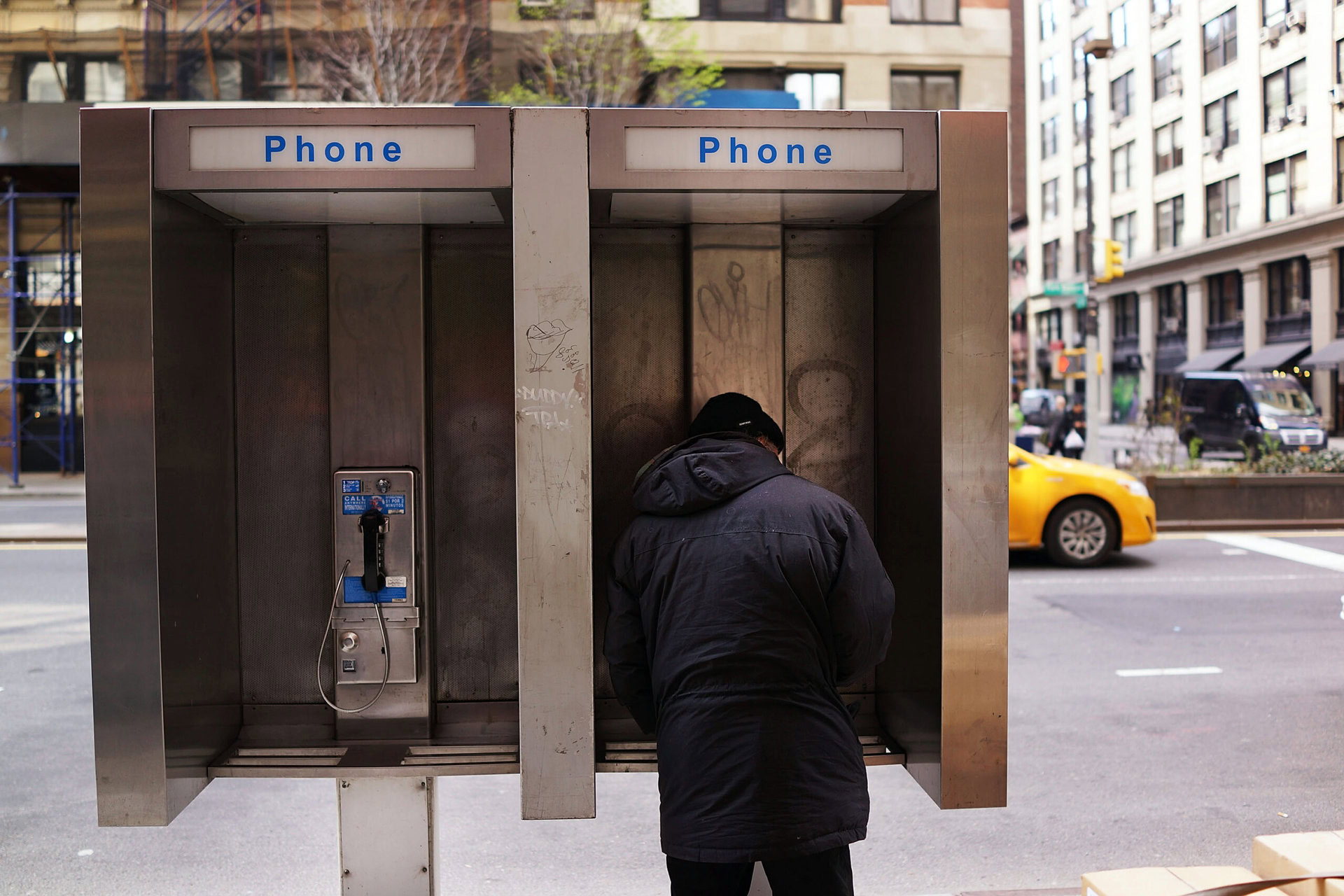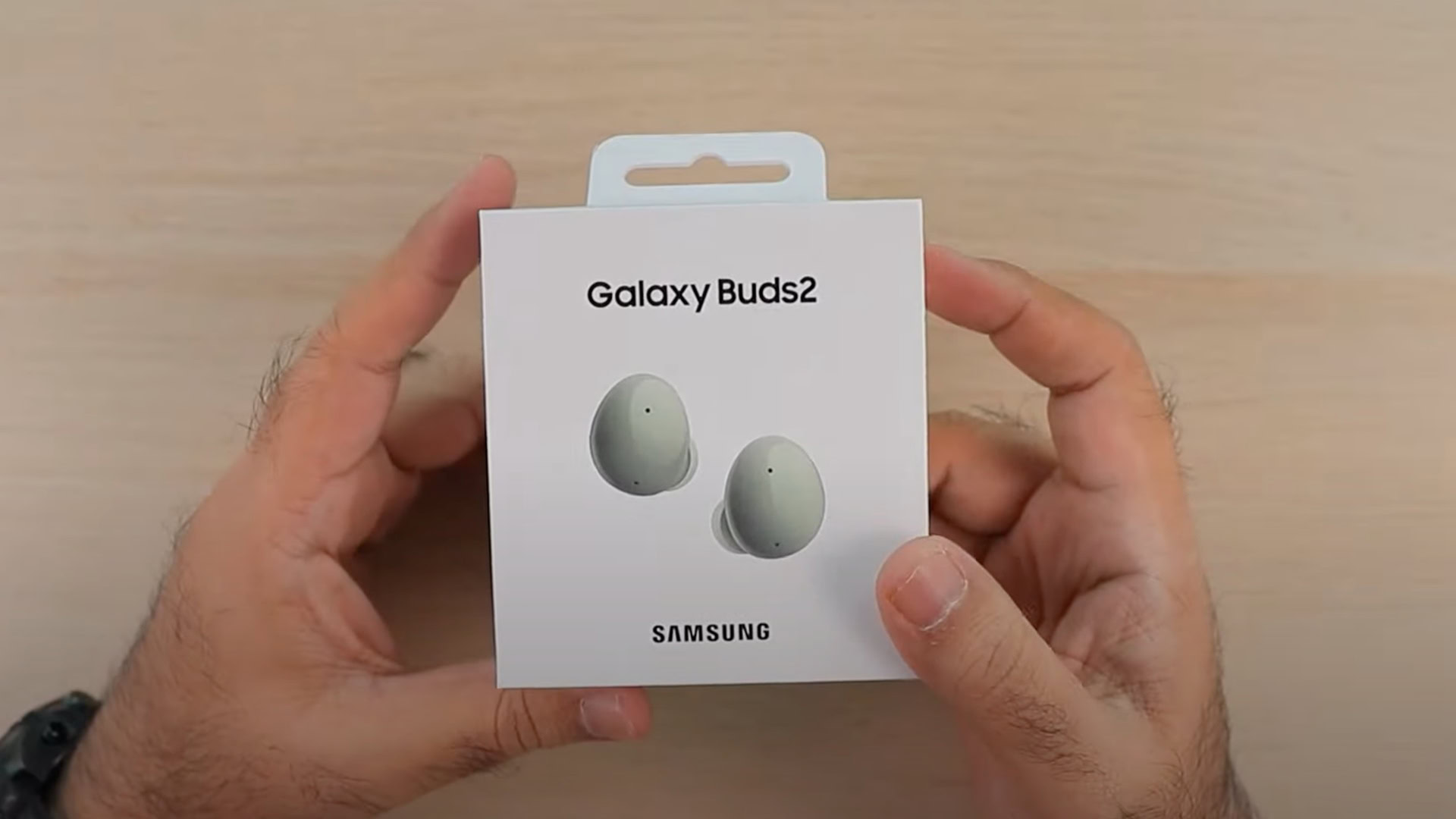Affiliate links on Android Authority may earn us a commission. Learn more.
😊 Hi there! My PlayStation 5 arrived early! It was a tough call to not hop on just for a few minutes while writing this newsletter, let me tell you. Also, happy birthday to my sister, who will need to watch out for that quarter-life crisis...

There’s a big story swirling around about Apple implementing some “on-device machine learning” for child safety, and it’s working with US law enforcement to make it happen.
The problem is that the technology involved here — constant monitoring of photo collections, with automatic alerts to law enforcement — starts to move from sounding fine and good to questionable.
What happened:
- TechCrunch was one of a number of outlets briefed by Apple on how the technology will work, including parents being warned if children under 13 are sending or receiving what Apple will identify as sexually explicit photos in messages.
- But there’s significant backlash, not because of what this is exactly, and not even because Apple’s talked a lot about privacy and encryption.
- Instead, security experts are talking about privacy concerns in how governments will likely increase the use and scope of technology like this.
Timeline:
- Following reports in the Financial Times, Apple put out a blog post yesterday titled “Expanded protections for children,” where the company laid out plans to help curb child sexual abuse material (CSAM).
- Then outlets reported details from Apple, where the new “child safety features” will come to iOS 15, iPadOS 15, watchOS 8, and macOS Monterey. Apple will then start to activate the feature in the next few months for people (only in the US)
- Then the backlash from security experts: Apple’s plan to “Think Different” about encryption opens a backdoor to your private life (EFF), “This will break the dam — governments will demand it from everyone,” said Matthew Green, a security professor at Johns Hopkins University, the first researcher to post a Twitter thread about the issue. Alec Muffet, a security researcher and privacy campaigner who formerly worked at Facebook, also noted on Twitter that Apple’s move was “tectonic” and a “huge and regressive step for individual privacy.”
Evolving story:
- I’m way more on the fence here. Partly because tech companies have been forced to do this with cloud-storage already, though Alec Muffet explains here why bringing that technology to consumer-purchased devices on local storage is very different.
- Here’s another valid concern from a tech reporter though that’s potentially explained.
- Here are more supportive views on Twitter.
- Wired walks a pretty good tightrope, explaining how Apple walks its own privacy tightrope here and what’s still to find out.
📈 One week after a report said Xiaomi is just shy of becoming the world’s largest smartphone maker, another says Xiaomi is there already. That said, Xiaomi’s making phones, but it’s still Samsung and Apple making bank (Android Authority).
📉 Mind you: Samsung Galaxy S21 records worst sales in years sparking internal company review (Android Authority).
📆 Xiaomi’s launch next week will include its new tablets after all (Android Authority).
👍 Google One may include Play Pass in a future discounted bundle (Android Authority).
📹 Google Nest announces four new camera products, including first wireless doorbell cam: smarter, and easier to use without a subscription (Android Authority).
💧 The hydrogen economy is about to get weird, but stay tuned… (Ars Technica).
📡 SpaceX previews ruggedized Starlink dish for vehicles, ships, and aircraft for its 1,7000 satellites (Ars Technica).
⛓ Ethereum just activated a major change called the ‘London hard fork’ — and it really actually matters in a meaningful way. Here’s why EIP-1559 in particular is a big deal for the crypto network that has genuine widespread use and is now more useful (CNBC).
🦒 Giraffes are misunderstood! (CNN).
🤔 “Does every sport use a different ball? Are there any examples of different sports that use the same ball?” (r/nostupidquestions). I’ve linked you directly to a good answer…

Something I found fun this week was Australia’s largest network opening up its pay phones for free calls to anyone (The Guardian). Yes, payphones still exist, and apparently the country has at least 15,000 of them, with 11 million calls being made worth something like $5.5m a year of revenue.
- But coins be gone: those pay phones will be toll-free for landline and cell calls, though you can’t dial international.
You just have to know someone’s number, which feels like it might be something from the past? I can only dial my parents’ house and my own phone, pretty much.
Have a great weekend,
Tristan Rayner, Senior Editor.

